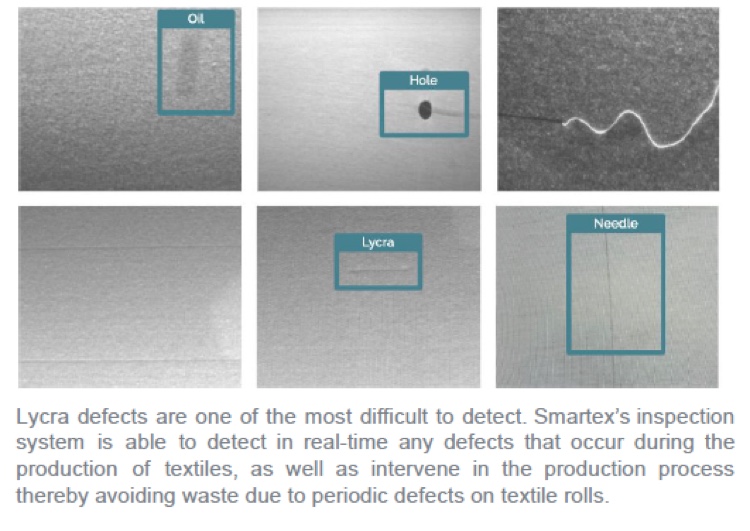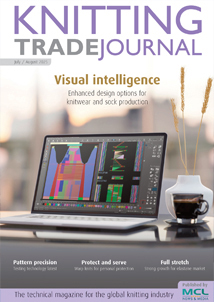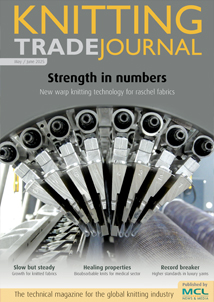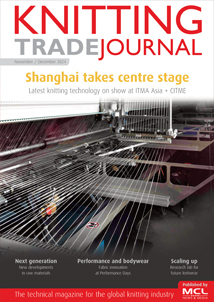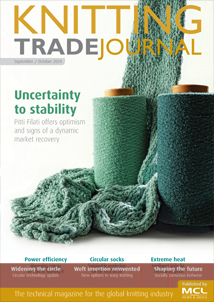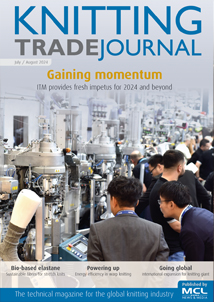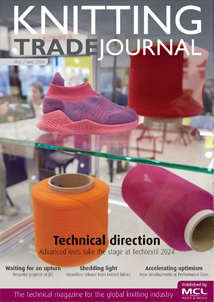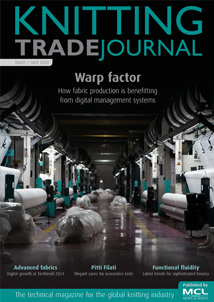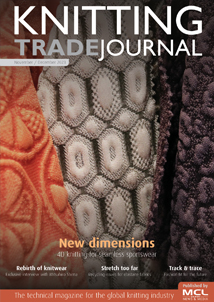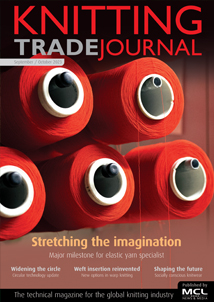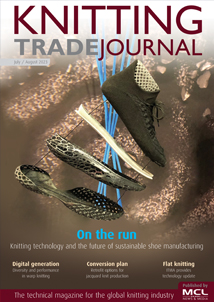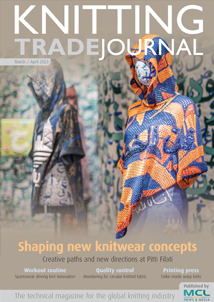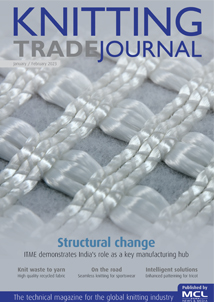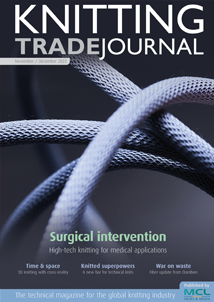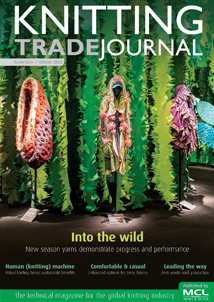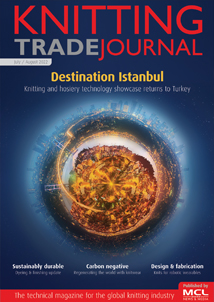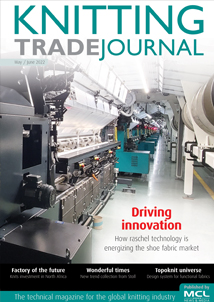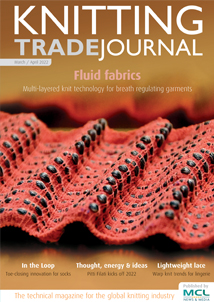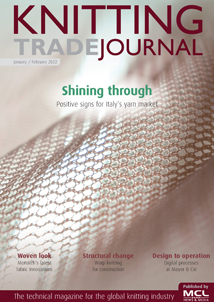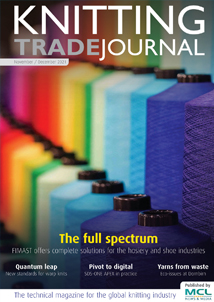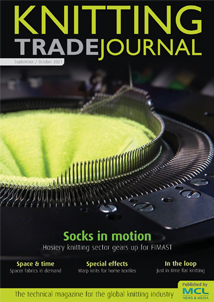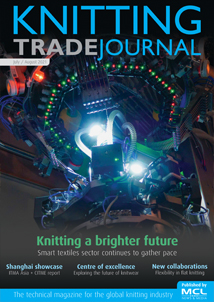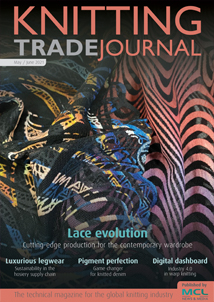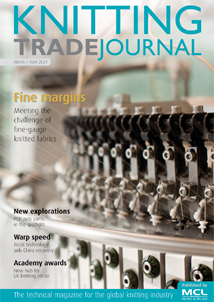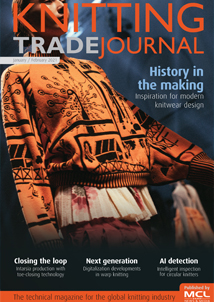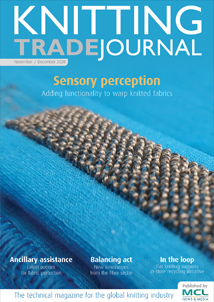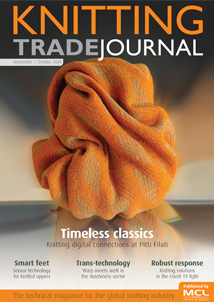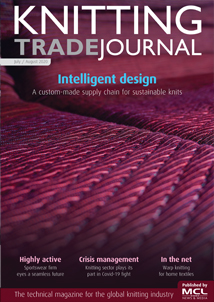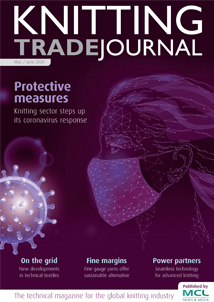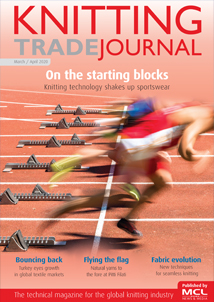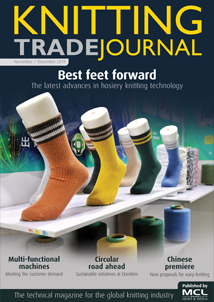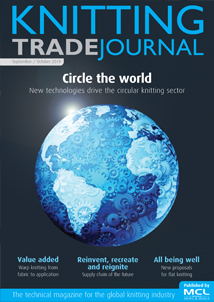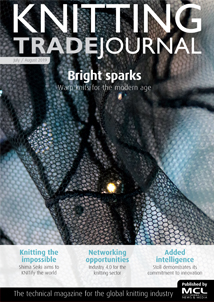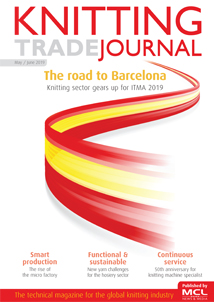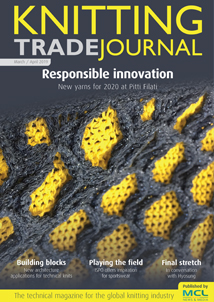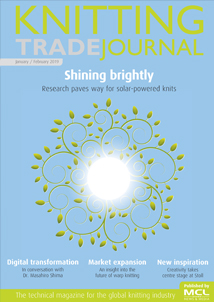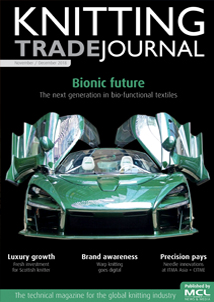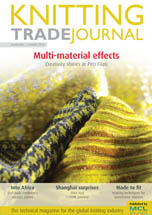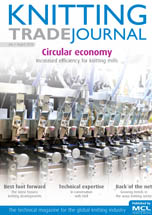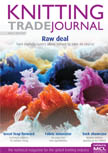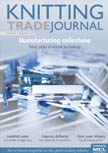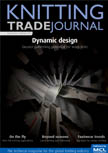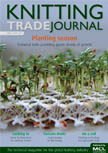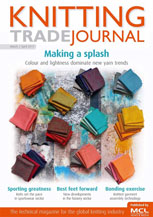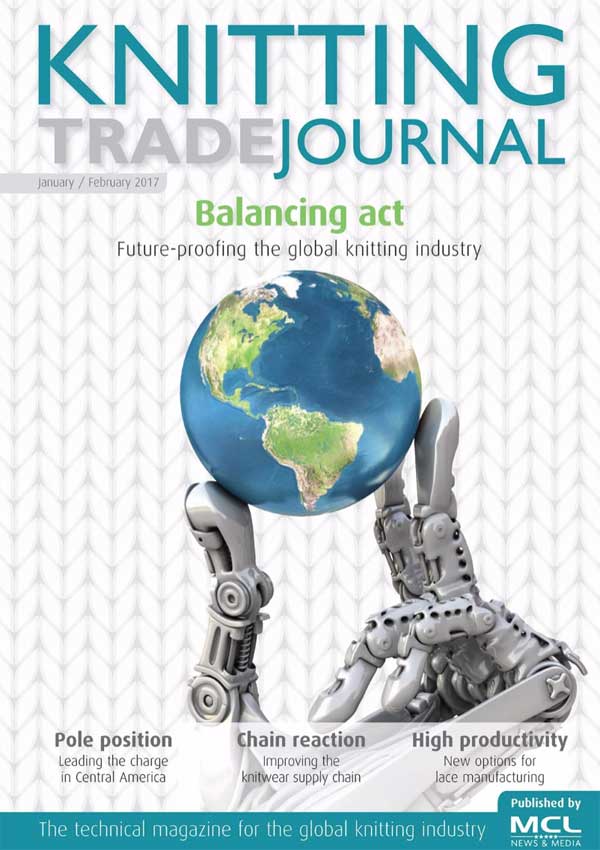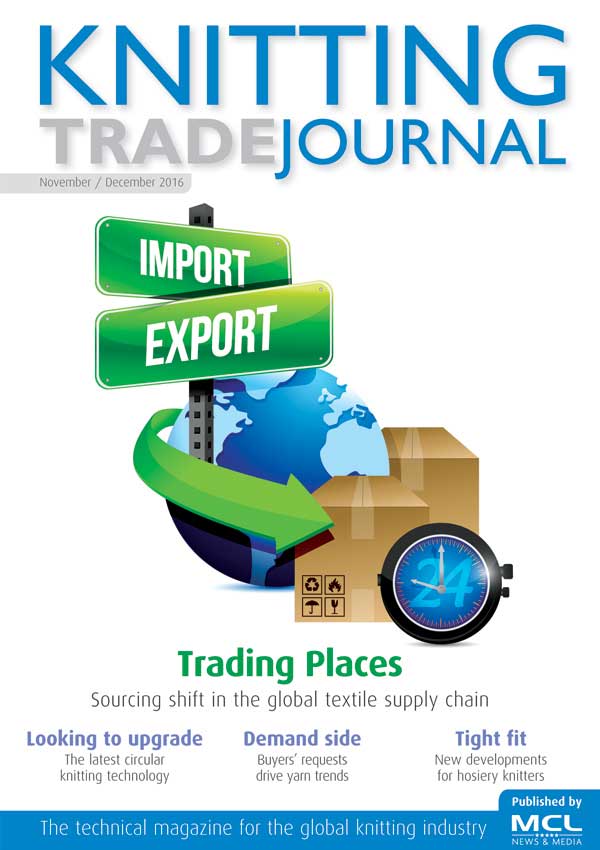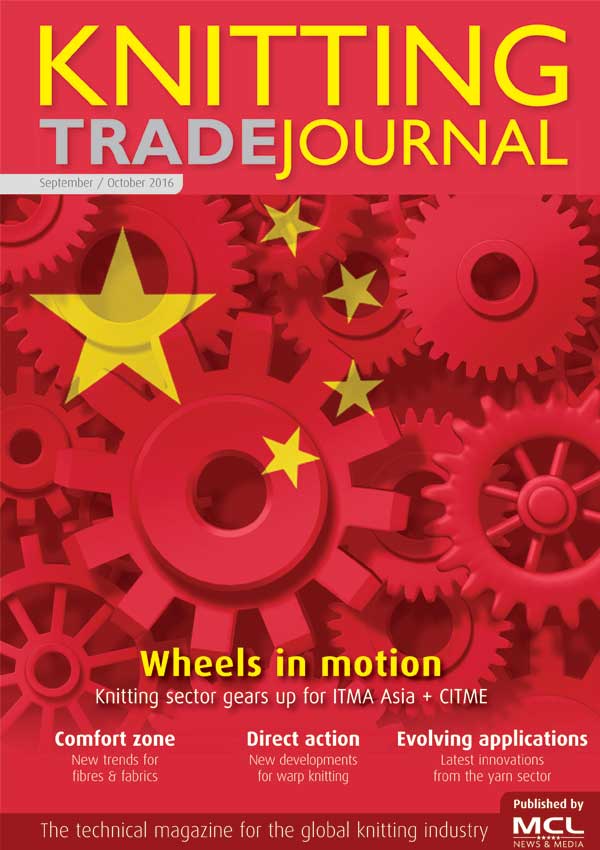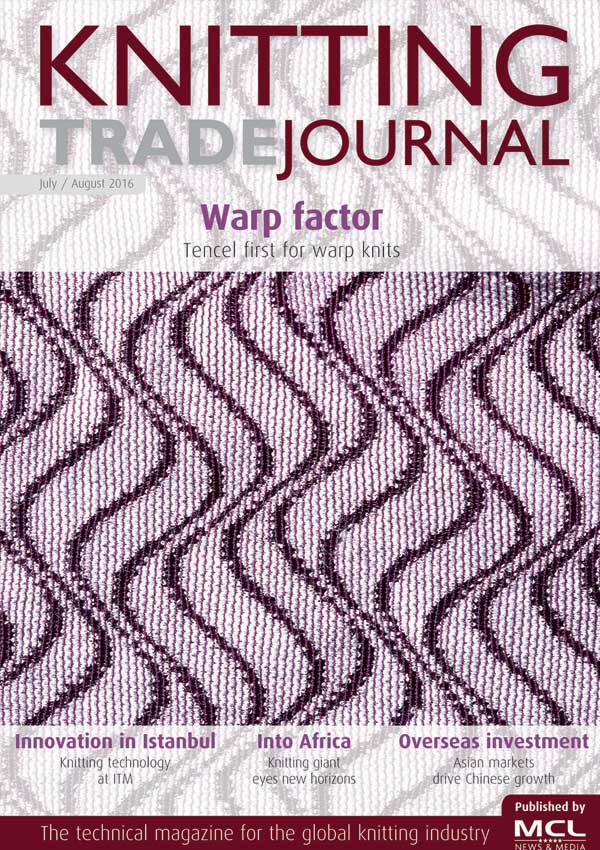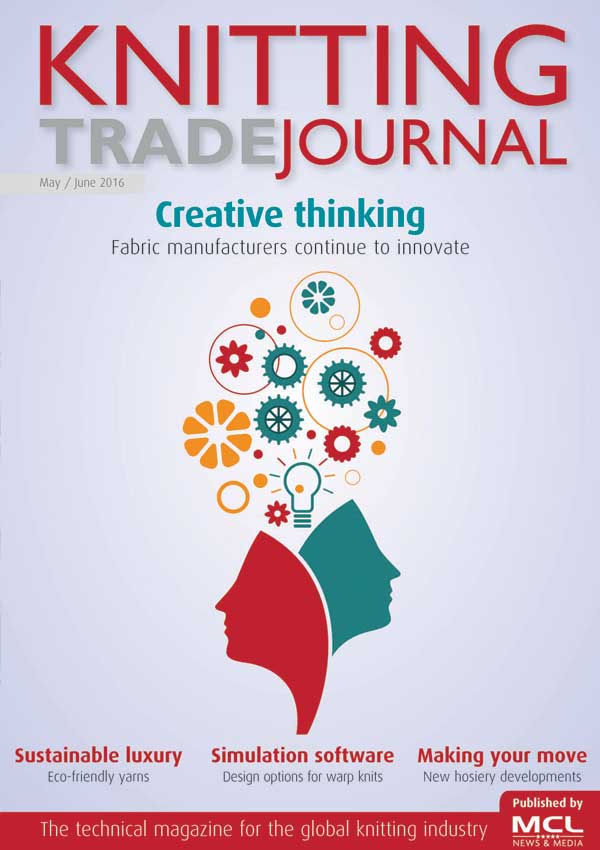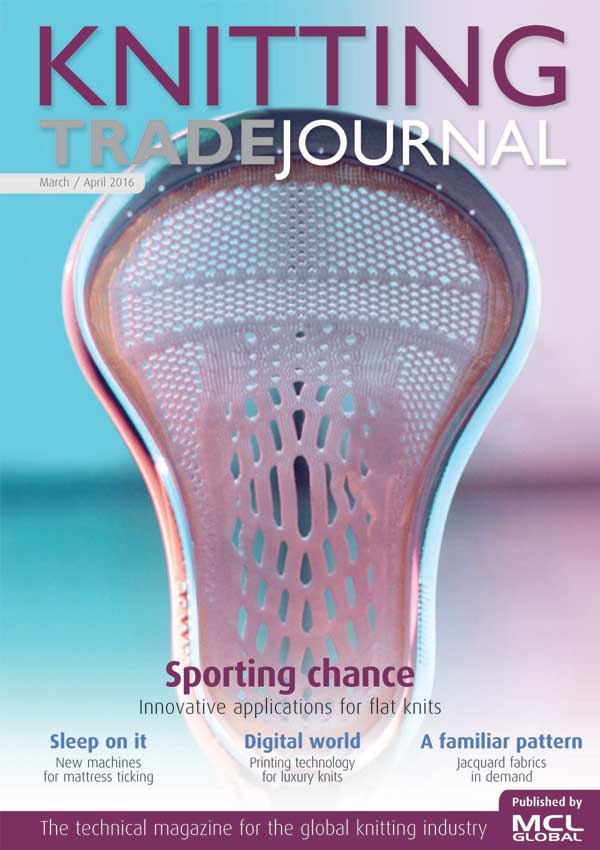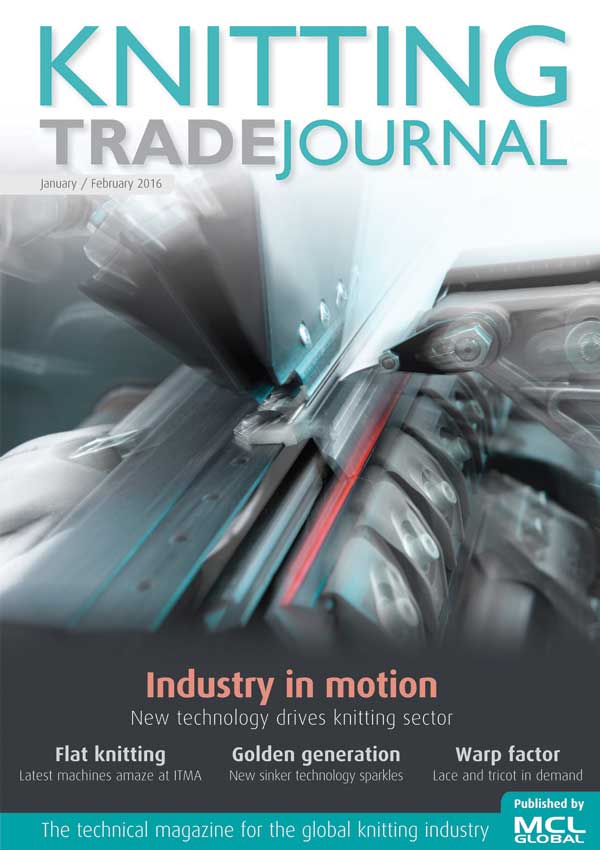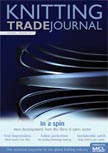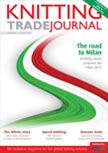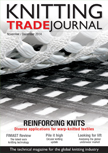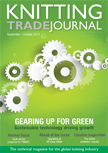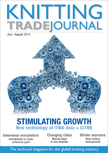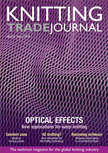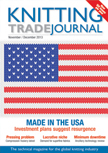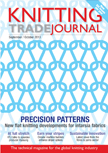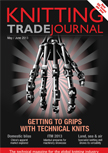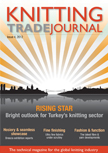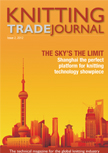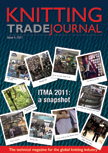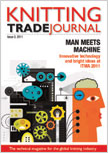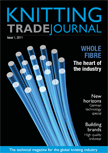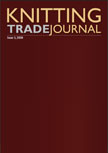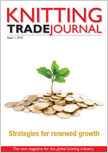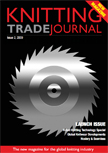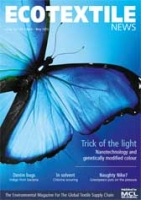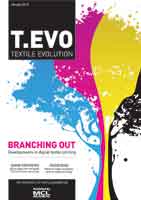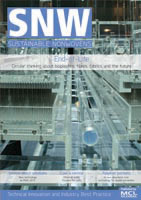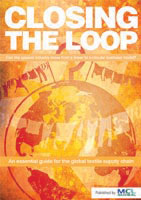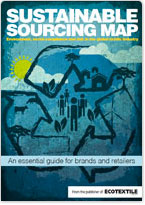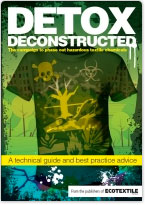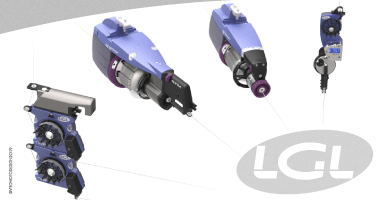San Francisco - Smartex, the manufacturer of a new advanced camera vision inspection system for circular knitting machines which is said to reduce defective fabric production to close to zero, has signed up as a partner to the C.L.A.S.S eco-hub.
The C.L.AS.S. ecohub is a platform that supports companies to grow more sustainable and competitive in the fashion and textile business. As a new C.L.A.S.S. partner, Smartex will be included in the section of Future Devices, which features smart tools and innovations to manufacture, communicate, raise awareness and promote in the Digital Age.
The San Francisco-based start-up recently launched the Smartex-V1system which is said to detect a range of different issues including Lycra faults, yarn thickness, holes and needle defects.
According to Smartex, the camera inspection system is able to reduce the production costs of textile manufacturers by detecting and stopping the knitting machines. It uses computer vision and artificial intelligence and, says the company, can be easily incorporated in existing knitting machines. It also provides automated insightful productivity and quality reports, real-time production monitorization via the internet, and registers and stores 100 per cent of the production for full transparency and traceability, an opportunity, says Smartex, that has never existed before.
"The textile industry operates on thin margins and has a considerably high defect rate which has huge implications for the environment," Smartex says. "The entire industry is dependent on human eyes to detect defects in textiles. Human conditions in the textile industry aren't great - dust and fibre fill the air, and workers are relied on to catch more than a dozen different types of defects as machines spin out fabric at over 60 revolutions per minute.
"Defects in the textile industry are also notorious for their ability to be compounded: if a roll of fabric is shipped with a defect that wasn’t caught, that can often lead to entire pallets of clothing being discarded, or in some cases even burned - the environmental and financial impact here is enormous.
"Smartex is transforming industry through AI+computer vision. A system of cameras and deep learning algorithms installed on the machines themselves can catch defects at the source, and automatically shut down production before wasting expensive high quality materials."
One area that presents the most challenges, for example, are faults in fabric when using Lycra fibre. Commonly, this defect goes unnoticed until the dyeing stage, resulting in waste of resources. Once a periodic defect is detected, the knitting machine stops the production so that the problem is promptly fixed without causing further damage. In case of singular defects (such as holes, oil spots, contamination points, etc), the system provides a stoppage option, XY roll coordinates, automated online dashboards, and quality reports of the rolls, machines, employees, and the entire factory plant.
Based in San Francisco, Shenzhen, and Porto, Smartex was able to develop the system after attracted capital funding from a number of investors including Momenta Ventures, DCVC, Spider Capital, SOSV, Cindy Bi (General Partner at CapitalX) and Fashion for Good, a global initiative supported by brands such as C&A, adidas, Kering Group, PVH, Stella McCartney, Target and Zalando.
The European Commission has also recognized Smartex technologies as fundamental for the industry 4.0 in knitting mills as a way to better manage quality and efficiency, reducing waste and time and avoiding too late inspection after the rolls had been produced, and has granted the company over €2.2 million for research and development.
According to Smartex, research shows that the system can save an average factory almost €1000 per month per machine.
A Savings Report based on Tintex Textiles production in Portugal showed up to 21,613 litres of water can be spared if Smartex intervenes directly in the very first stage, avoiding defective production.
Indeed, most of the time, defected textile rolls proceed to the dyeing and finishing stage, wasting time, water and many other resources. The innovative technology has even allowed to spare 132 Kg of defective fabrics’ weight per month per machine as well as saving 228 kg of CO2 and the usage of natural resources.
“We have chosen to collaborate with Smartex for its out-of-the box vision able to merge the state of the art of digital innovation, sustainable performance and quality design,” said Giusy Bettoni, CEO and founder of C.L.A.S.S.



